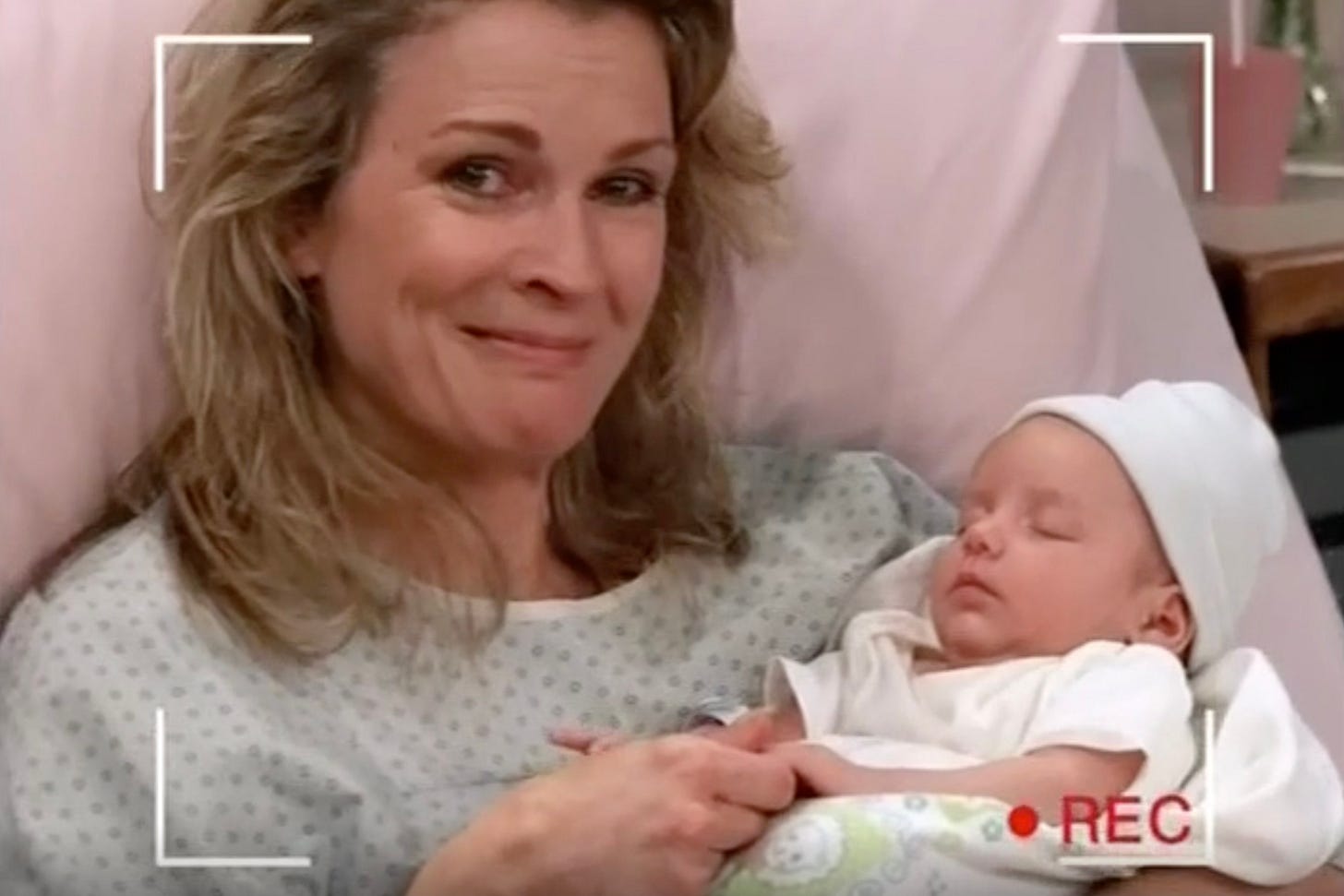A mockery of fathers
Men like J.D. Vance hate ‘childless cat ladies' and single moms for the same reason: they challenge patriarchal values. Just ask Murphy Brown.

As a presenter at the Emmys on Sunday, actress Candice Bergen was the perfect person to take a swing at J.D. Vance—especially the week after Taylor Swift’s “childless cat lady” Instagram post.
“For eleven years, I had the tremendous privilege of playing the lead in a comedy series …



